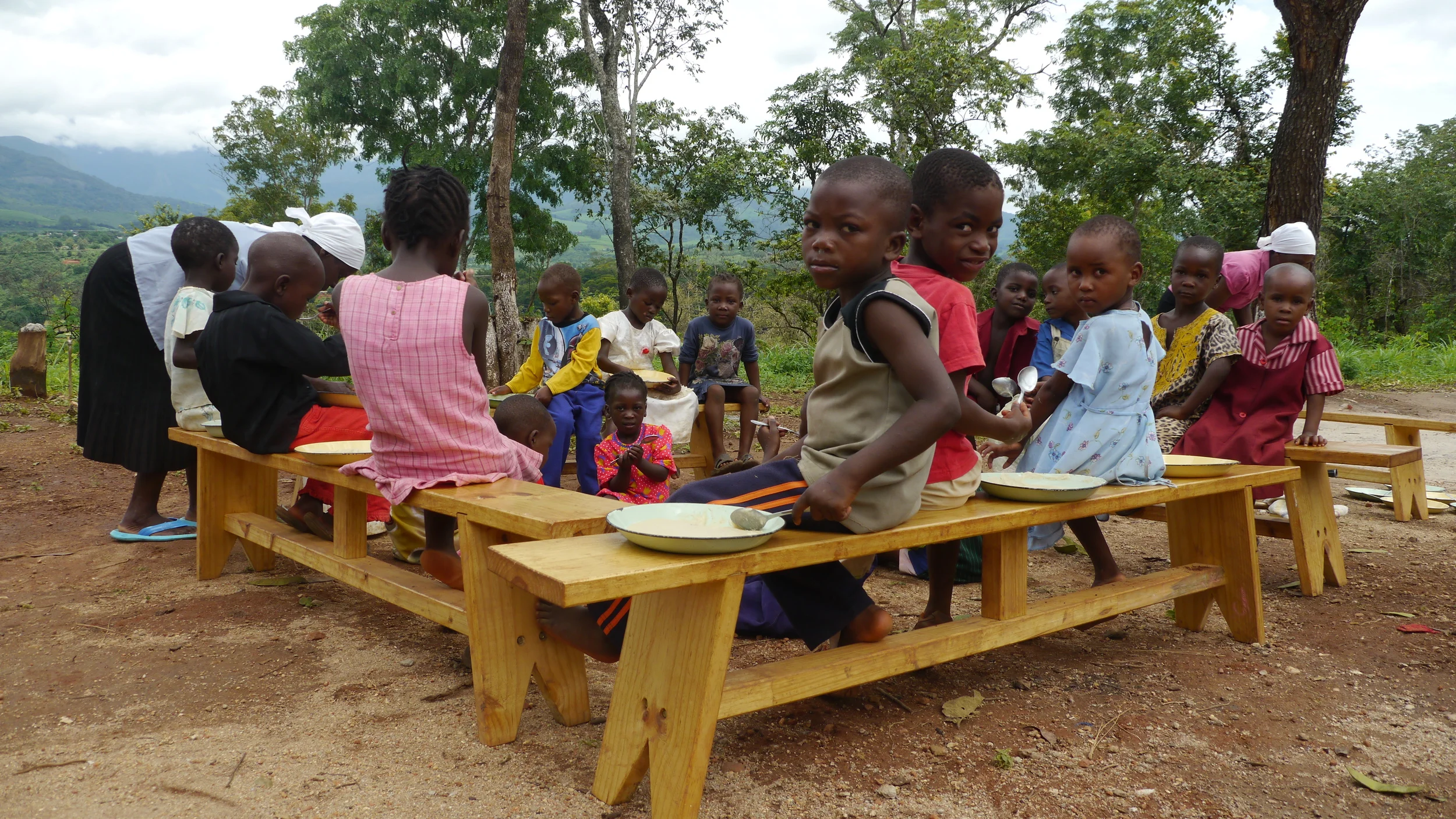Areas in Zimbabwe being impacted by Hands at Work
THE CRISIS + How we began
Since 2008, when Zimbabwe faced one of the worst economic collapses in history, the country has endured rampant inflation and critical food and fuel shortages, resulting in many Zimbabweans surviving on grain handouts, and fighting for the little resources available. The cost and difficulty of accessing health care remains a major challenge for the most vulnerable families in Zimbabwe, as few can afford treatments or transportation to medical facilities. Subsequently, prohibitive access means people do not receive treatment in time, and many children and adults pass away prematurely.
Our Response
As the local church is mobilised in each community to unite and reach out to the most vulnerable. Hands at Work equips them to provide physical, emotional and spiritual support to the children and families they serve. Children are supported through the daily prevision of Hands at Work's three essential services of food, education and basic health provided at Life Centers within their community. Through regular visits to there homes, Bible teaching and prayer child come to know that they are loved by Christ and those who care for them.
Population: 18, 830, 740
Percentage of people living in extreme poverty: 40%
Number of children (0 to 14) living with HIV/AIDS: 70, 000
Number of children (0 to 17) who have been orphaned due to HIV/AIDS: 480, 000
Life Expectancy: 62 (F) | 56 (M)
Country Rating (out of 187) the Human Development Index: 159
– Sources: UNAID, UNDP, World Poverty Clock













